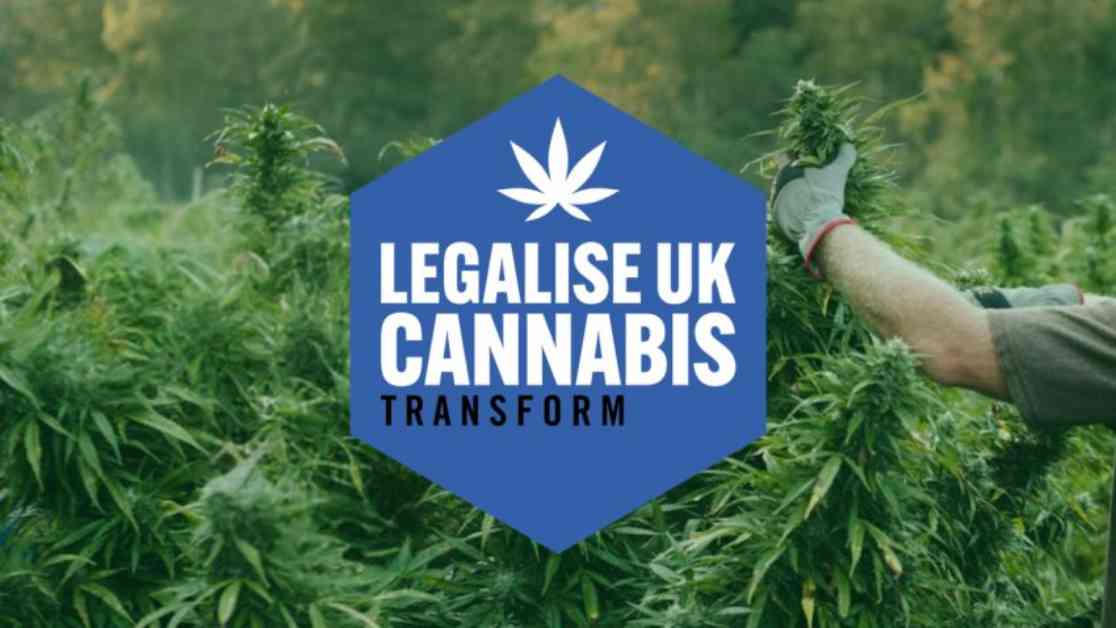Bristol Leading the Way in Cannabis Legalization Efforts
The arguments for legalizing and regulating cannabis have been ongoing for decades, with the failure of the ‘War on Drugs’ becoming increasingly apparent. This approach, intended to create a ‘drug-free world’ and protect health, has instead led to a rise in potency and availability of cannabis, along with increased profits for organized crime groups. These groups are now using child exploitation and people trafficking to drive their profits, further exacerbating the negative impacts of the illegal cannabis market.
In addition to the harm caused by the war on drugs, thousands of individuals receive life-altering criminal records each year for minor cannabis offenses, disproportionately affecting poor, Black, and minoritized communities. It is clear that the current approach is not only ineffective but also unjust.
Cities like Bristol are at the forefront of the debate around drug policy alternatives. Bristol is working with Amsterdam to support a new network of cities innovating drug policy, highlighting the need for a shift in approach to drug regulation.
The global trend towards cannabis reform is gaining momentum, with communities on every continent opting to take control of the cannabis market. Countries like Uruguay, Canada, Mexico, and several European nations are exploring regulated legal availability of cannabis. Legal regulation offers the opportunity to reduce illegal market harms by providing regulated, taxed, and clearly labeled products from licensed outlets to adult users. This can improve safety, reduce availability to youth, and redirect billions in tax revenue and criminal justice savings into positive projects and services.
In the US, ‘social equity’ innovations in legal cannabis markets have shown that fairer systems can be established by prioritizing licenses for cannabis businesses to individuals from communities most harmed by the war on drugs, rather than big corporations. By learning from the failures of alcohol and tobacco regulation, policies can be designed to serve the public good rather than corporate profits.
Despite strong arguments for change, the UK has been slow to embrace cannabis legalization. However, Bristol is well positioned to lead the debate in the UK. The city has a history of progressive drug policies, including diversion programs for those caught in possession and harm reduction initiatives. Transform Drug Policy Foundation, based in Bristol, has been actively involved in local reforms and is now focused on driving national and international debate on drug policy reform.
With a majority of Bristol’s councillors supporting cannabis legalization, the city has the potential to be a leading voice in the movement towards legalizing cannabis in the UK. Transform’s new Legalise UK Cannabis campaign aims to seize the opportunity presented by a changing political landscape, with plans for economic analysis, polling, media engagement, and partnership work to push for cannabis reform.
It is clear that Bristol can lead the way in pushing for cannabis legalization in the UK, with cross-party support and a strong foundation of progressive drug policies. By supporting Transform’s efforts and getting involved in activism, individuals can help drive the next critical step in ending the War on Drugs and bringing legally regulated recreational cannabis use to the UK.
Steve Rolles, a senior policy analyst at Transform Drug Policy Foundation, emphasizes the importance of taking action to reform drug policies and move towards a more sensible and equitable approach to cannabis regulation.













